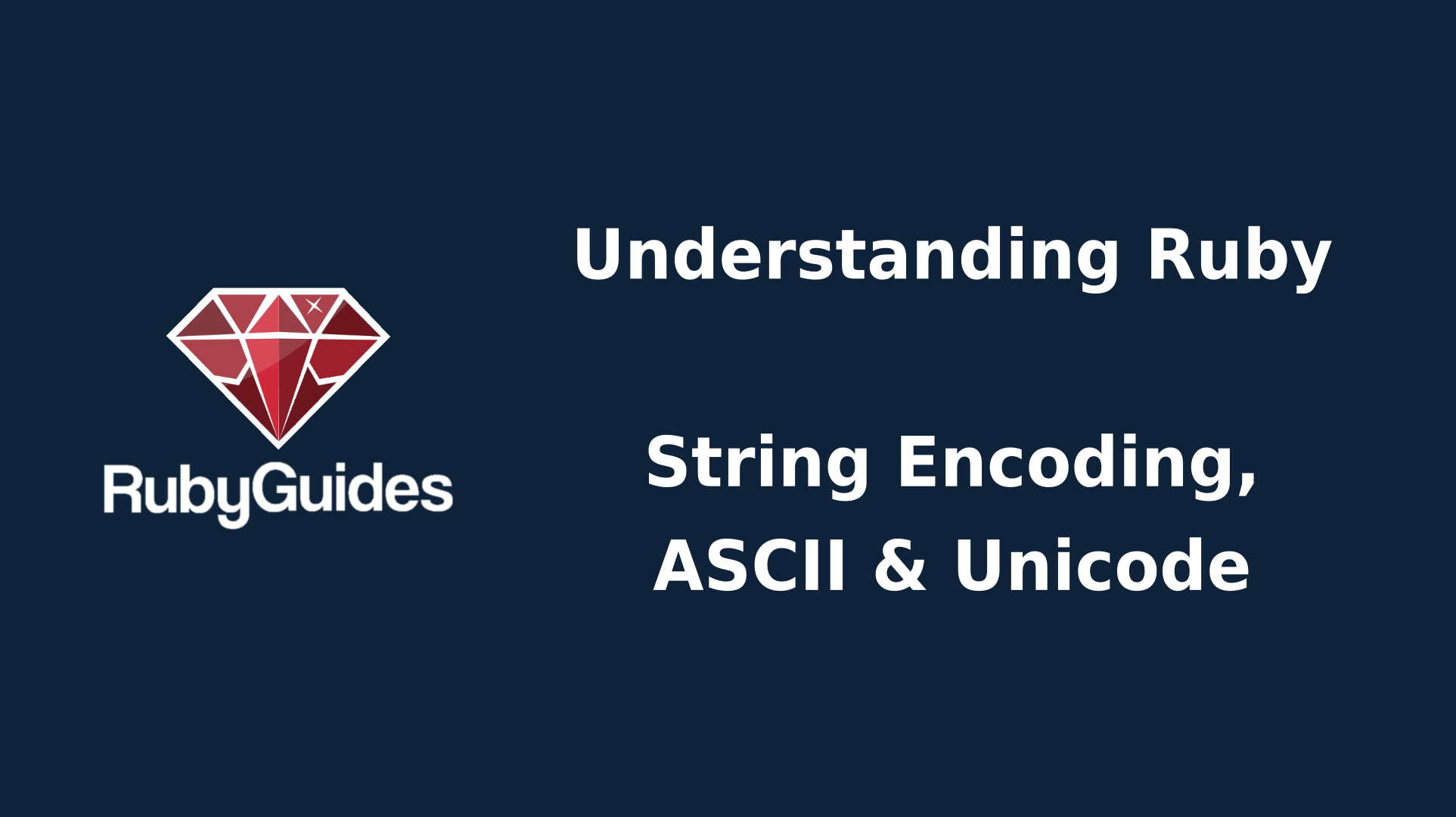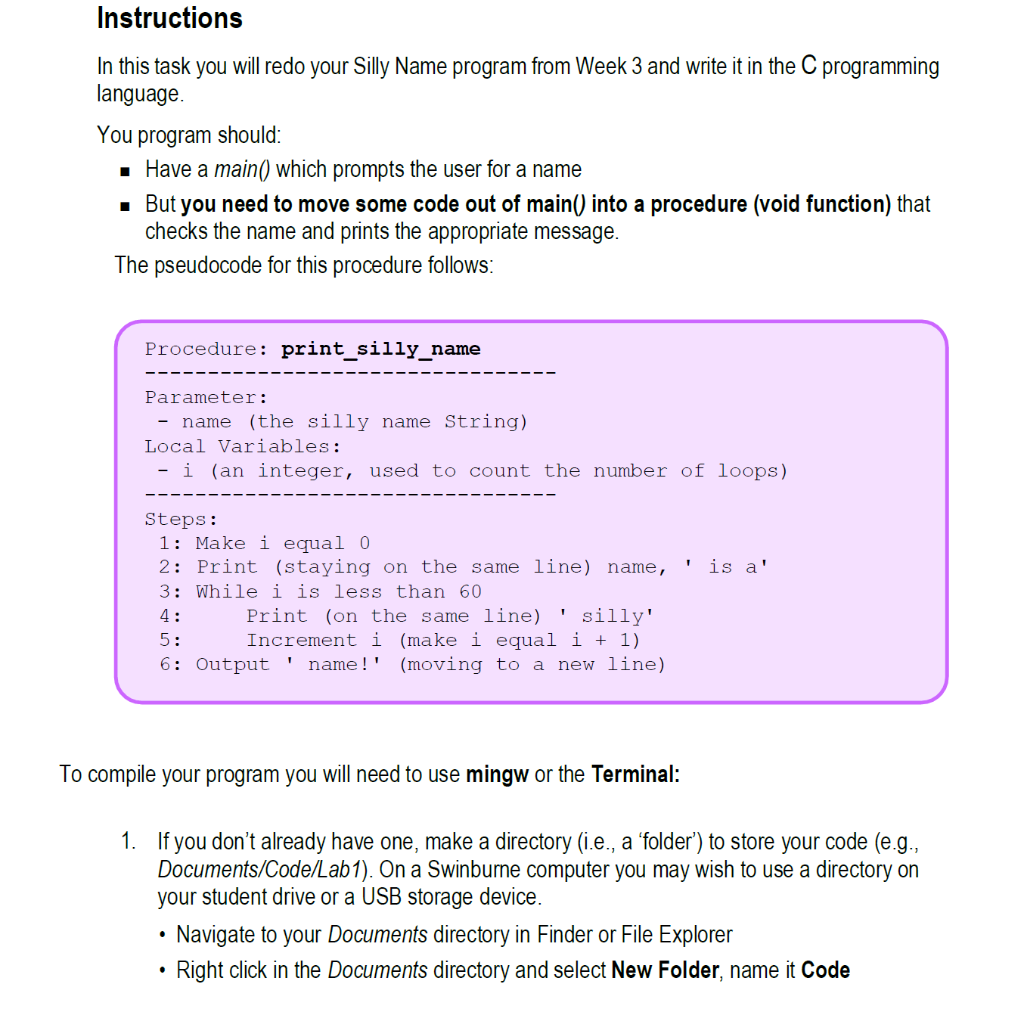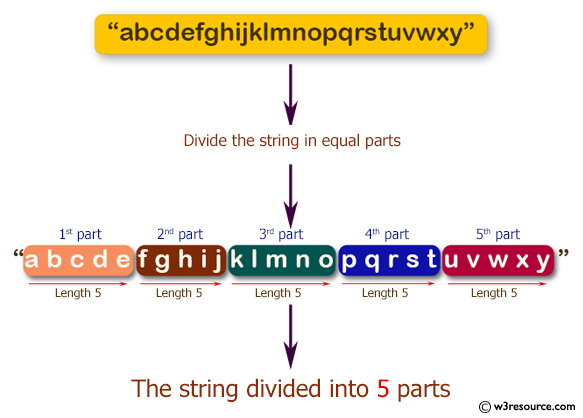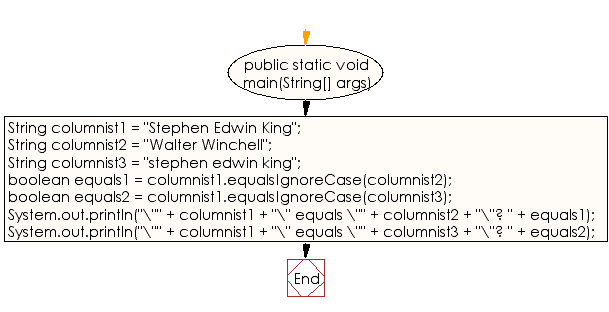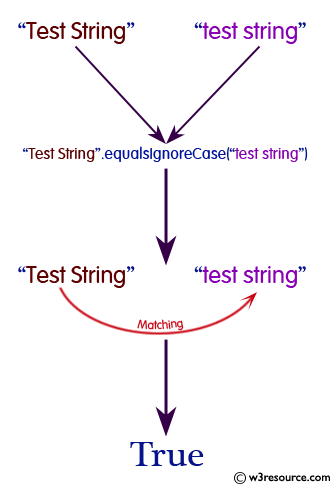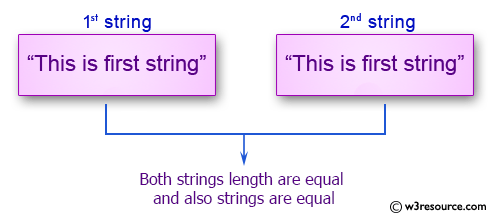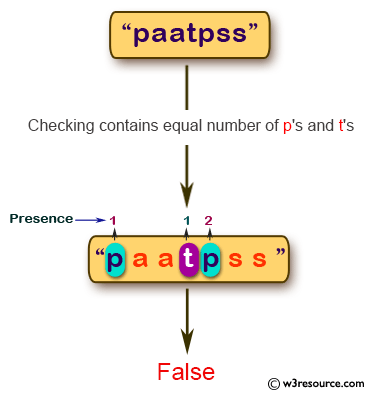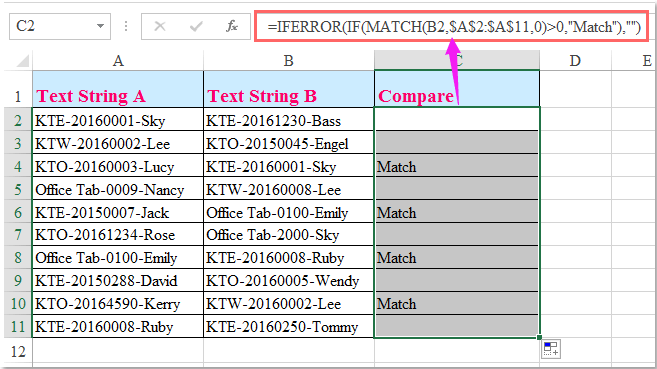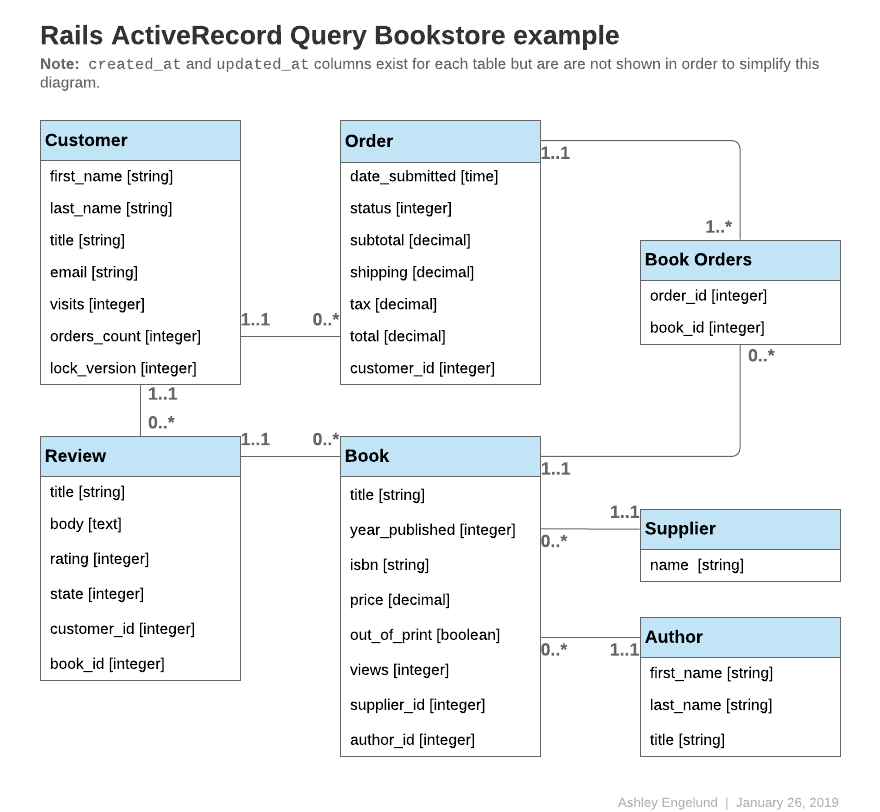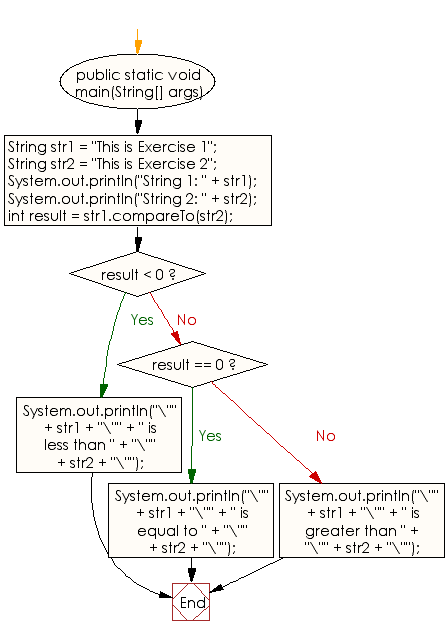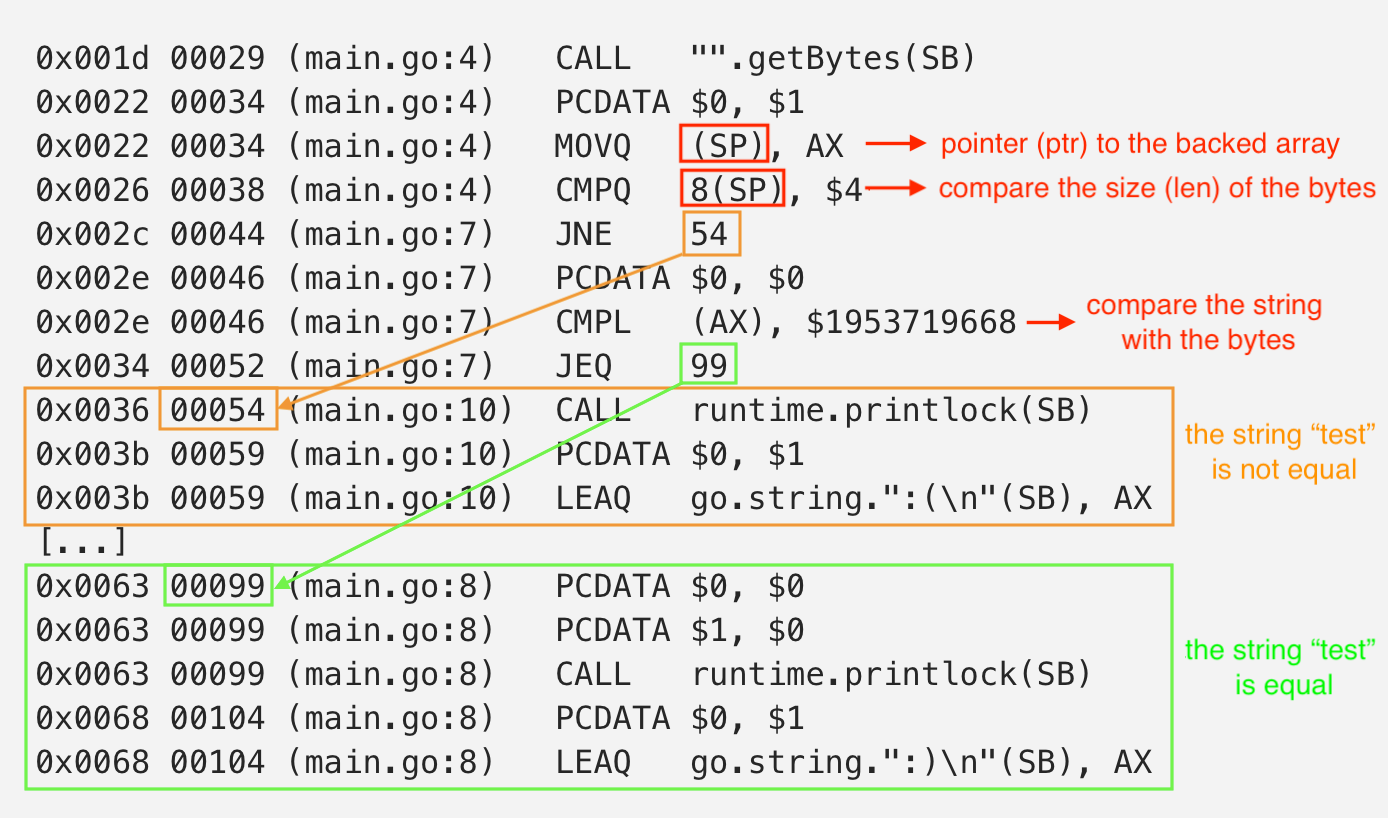Many of ruby s built in classes such as string range and regexp provide their own implementations of the operator also known as case equality triple equals or threequals.
Ruby string equality.
A string object in ruby holds and manipulates an arbitrary sequence of one or more bytes typically representing characters that represent human language.
Ruby supports a rich set of operators as you d expect from a modern language.
If the strings are of different lengths and the strings are equal when compared up to the shortest length then the longer string is considered greater than the shorter one.
B is interpreted as a plus b where the plus.
One equals sign in ruby means assignment make sure to use when you want to find out if two things are the same.
The text within the quote marks is the value of the string this is a simple ruby string literal.
If you don t this right you won t get the expected results.
Comparison operators take simple values numbers or strings as arguments and used to check for equality between two values.
Comparison returns 1 0 1 or nil depending on whether string is less than equal to or greater than other string.
Method in the object referred to by variable a is called with b as its argument.
Most operators are actually method calls.
It is not uncommon to need to compare two strings either to assess equality or to find out if one string is higher or lower than the other alphabetically speaking.
Object new object new false string new string.
Nil is returned if the two values are incomparable.
Because it s implemented differently in each class it will behave differently depending on the type of object it was called on.
Comparison returns 1 0 1 or nil depending on whether string is less than equal to or greater than other string.
Nil is returned if the two values are incomparable.
If the strings are of different lengths and the strings are equal when compared up to the shortest length then the longer string is considered greater than the shorter one.
Then ruby would use object s implementation of which defaults to testing for object identity instead of object contents.
There is a corresponding form of abbreviated assignment operator.
With an if statement you can check if something is true.
But when you want to check for the opposite not true false.
But what if string didn t implement.
For each operator plus.
The simplest string literals are enclosed in single quotes the apostrophe character.

